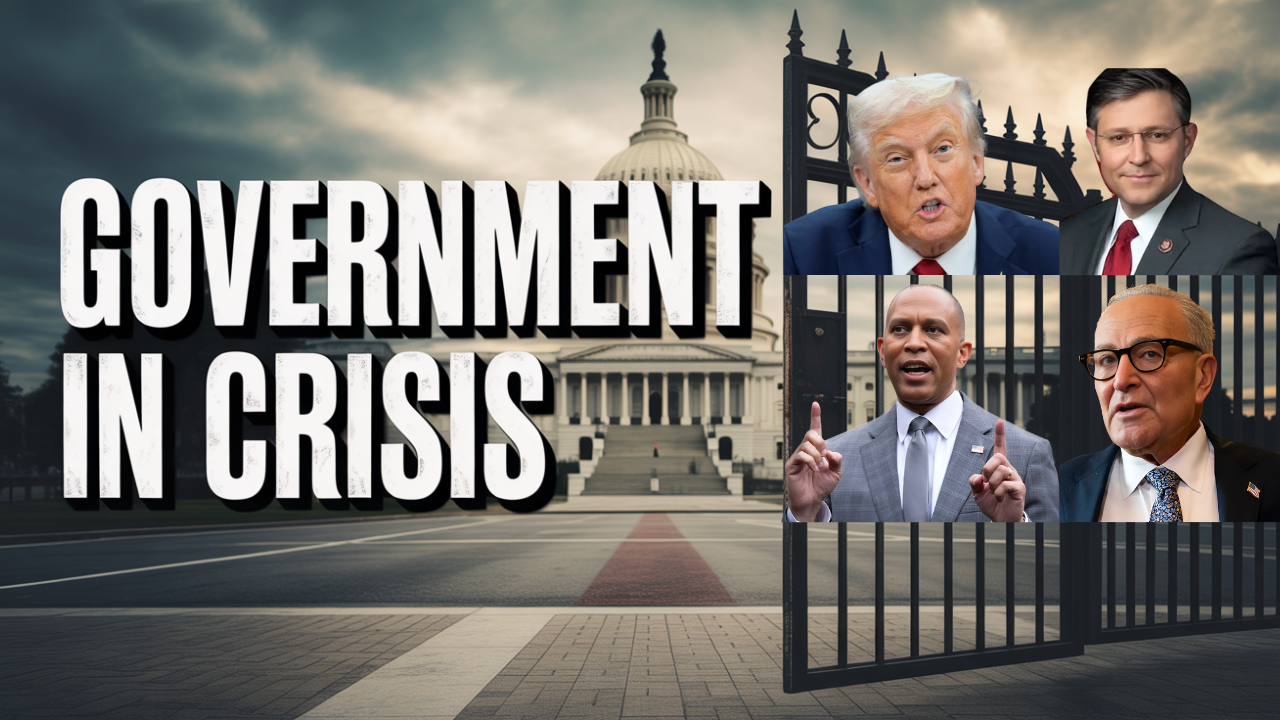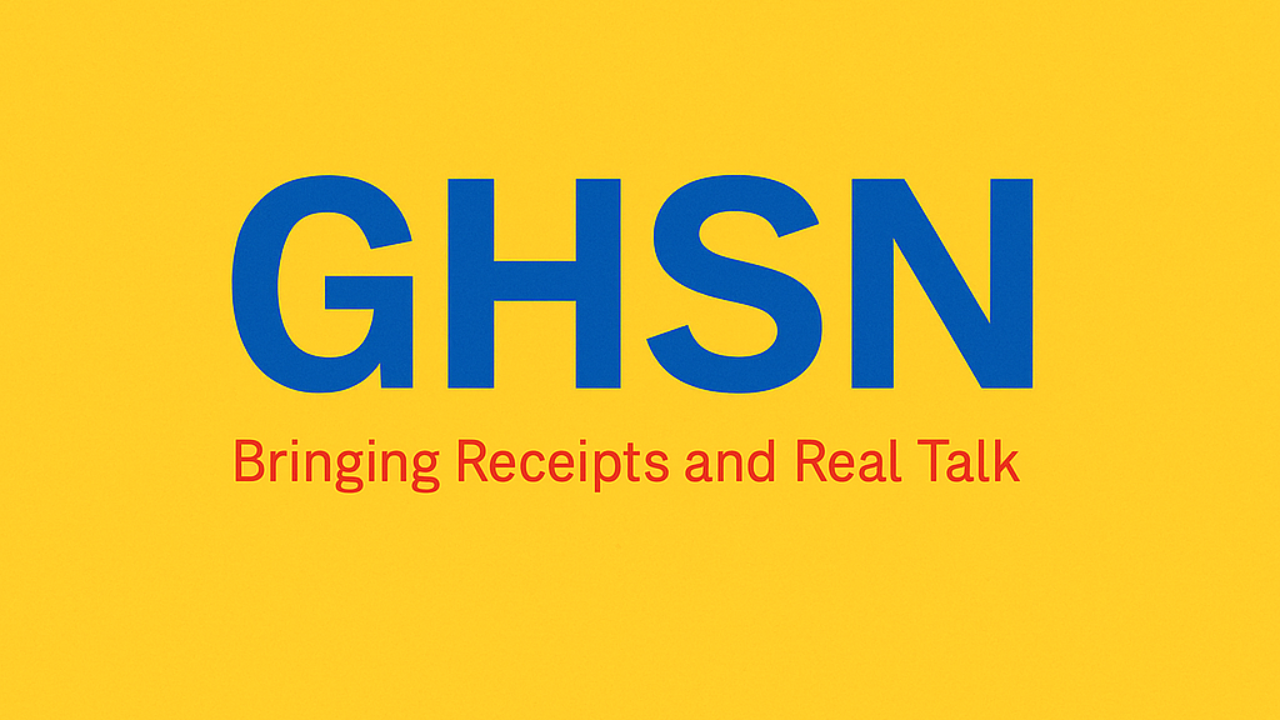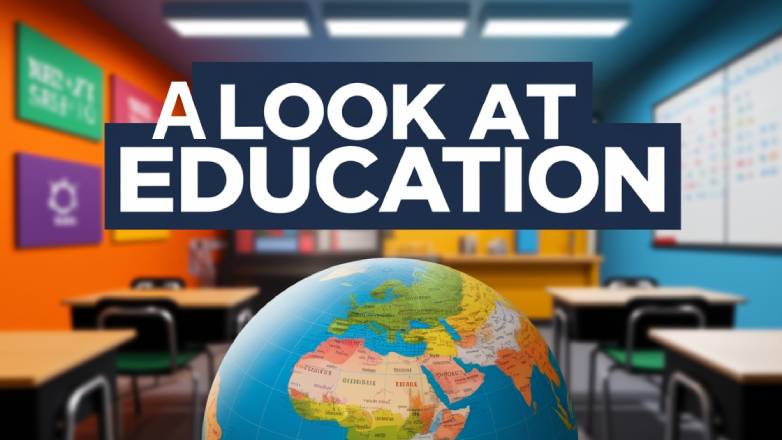This fall, Northern Virginia will become home to one of the boldest education experiments in America. For $65,000 per year, families can enroll their children in a school with no traditional teachers, no homework, and just two hours of academic study each day. The rest of the time? Students focus on life skills, hands-on projects, and passion-driven activities.
Rethinking the School Day
The school, called Alpha, is built on a simple but disruptive premise: traditional classrooms waste too much time. Instead of desks, textbooks, and lectures, Alpha leans on adaptive learning software that adjusts lessons to each student’s pace.
Children spend mornings working through math, reading, and other fundamentals on AI-powered platforms. Adults in the room, known as guides rather than teachers, step in only to provide encouragement, help with focus, or lead short group activities. Afternoons are dedicated to building "real world" skills — riding a bike long distances, learning financial literacy, coding, or even running small business projects.
Alpha claims this approach allows children to learn faster. According to the company, students at existing campuses make twice the academic progress of their peers and test in the top percentile nationwide.
Big Backers and Bigger Politics
Alpha’s expansion has been fueled by powerful political and financial allies. Co-founder MacKenzie Price and her husband have donated millions to Republican politicians who support school choice initiatives, including $1 million to Virginia Gov. Glenn Youngkin in 2023 after he toured Alpha’s Texas campus. Texas Gov. Greg Abbott has also received significant contributions.
This political network has given Alpha momentum as it opens new campuses across the country, including Virginia’s. High-profile supporters such as billionaire Bill Ackman have called the model a breakthrough innovation in K-12 education.
But Alpha’s rapid rise has also attracted skepticism. Applications to launch publicly funded cyber charter schools based on its model were rejected in several states, with officials citing its untested approach. Only Arizona — known for its robust charter and voucher system — approved it.
Inside an Alpha Classroom
At a recent "shadow day" in Virginia, prospective students sat in a conference room with iPads and headphones. Their lessons came through adaptive apps, occasionally interrupted by "brain breaks" led by guides — bursts of stretching, dancing, or group play.
The school also uses technology to monitor student focus. Software tracks keystrokes and engagement, flagging when a child rushes or skips material. The goal is to keep students attentive without direct teacher intervention.
Afternoons look very different from traditional schooling. Workshops might include scaling rock walls, biking challenges, or entrepreneurial projects. The design is meant to make learning practical, memorable, and — as Price puts it — "coach-driven" rather than lecture-based.
Who Signs Up?
Critics argue Alpha attracts affluent, highly motivated families whose children would thrive in almost any school setting. That raises questions about whether its success can be replicated in broader public education.
Still, some parents are sold. Former Puerto Rico governor Ricardo Rosselló, who once pushed school choice policies on the island, plans to enroll his son. For him, Alpha’s biggest appeal is not just the use of AI but the time it frees up for creativity and exploration.
The Bigger Debate
Alpha’s arrival in Virginia highlights the crossroads facing education: should schools double down on traditional teaching, or embrace technology-driven, radically different models?
For now, Price is betting on rapid expansion. Her critics warn of unproven methods. Her supporters see a revolution. And the families signing up this fall will discover firsthand whether a two-hour AI classroom can truly redefine what it means to learn.







